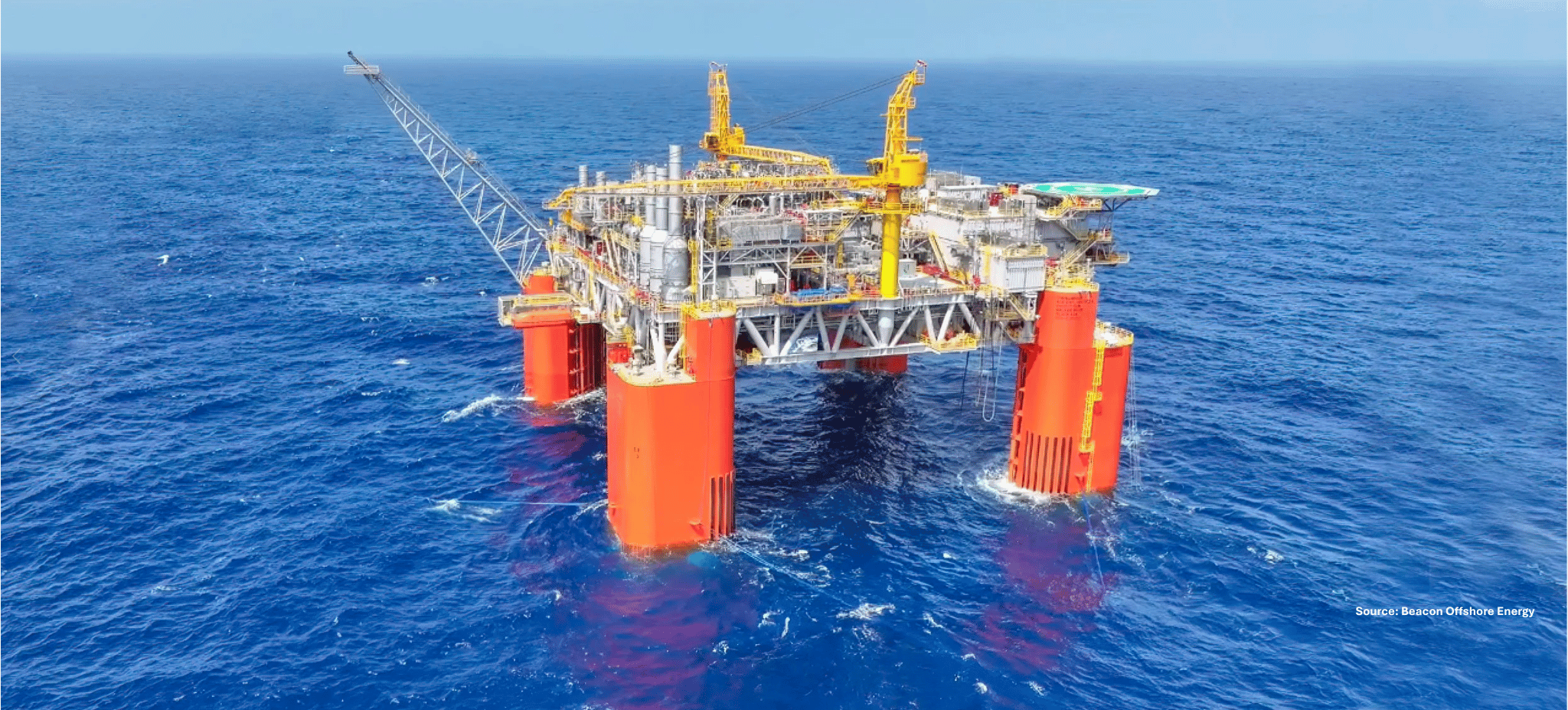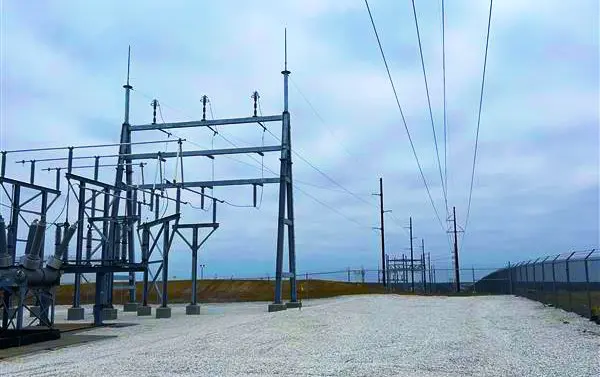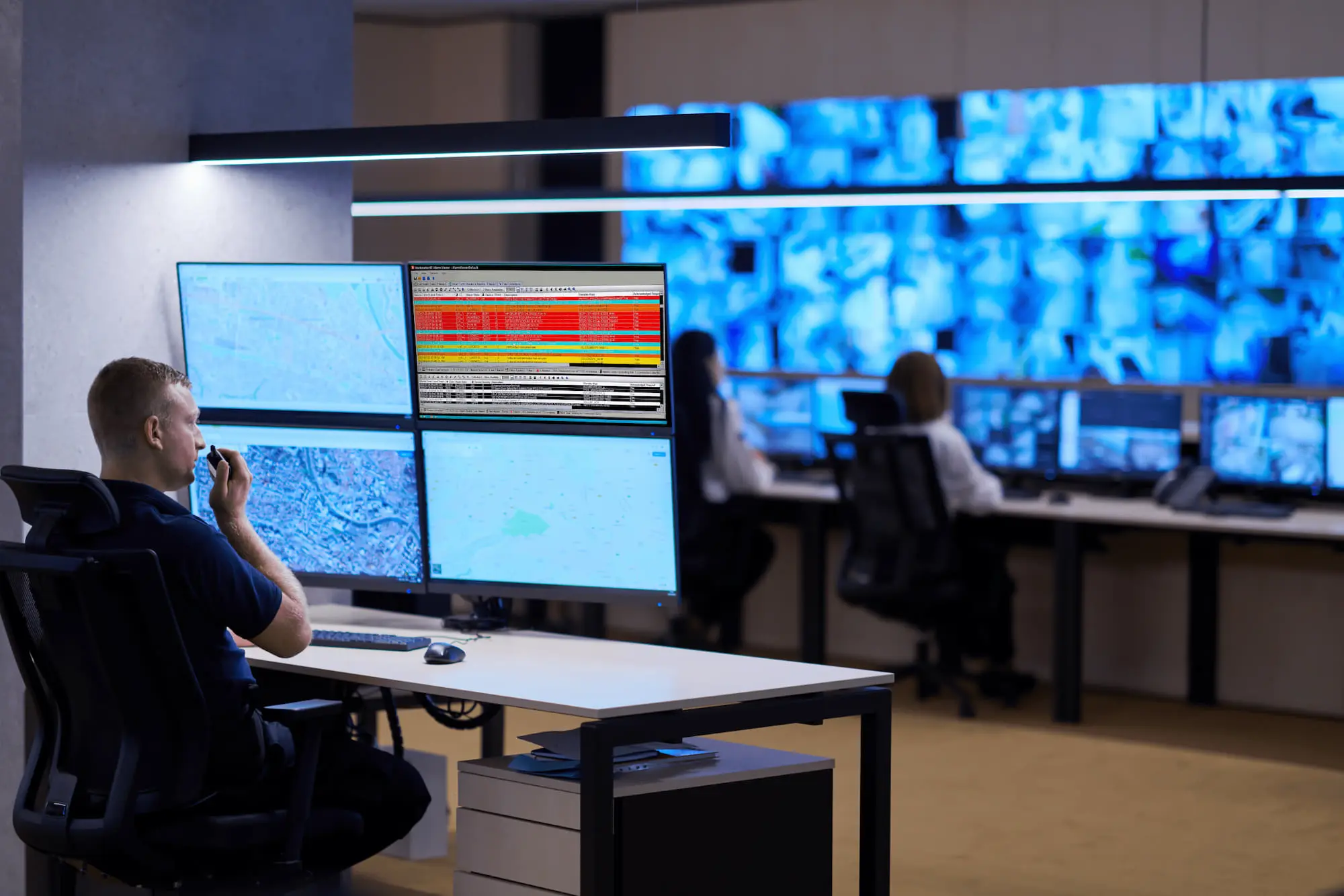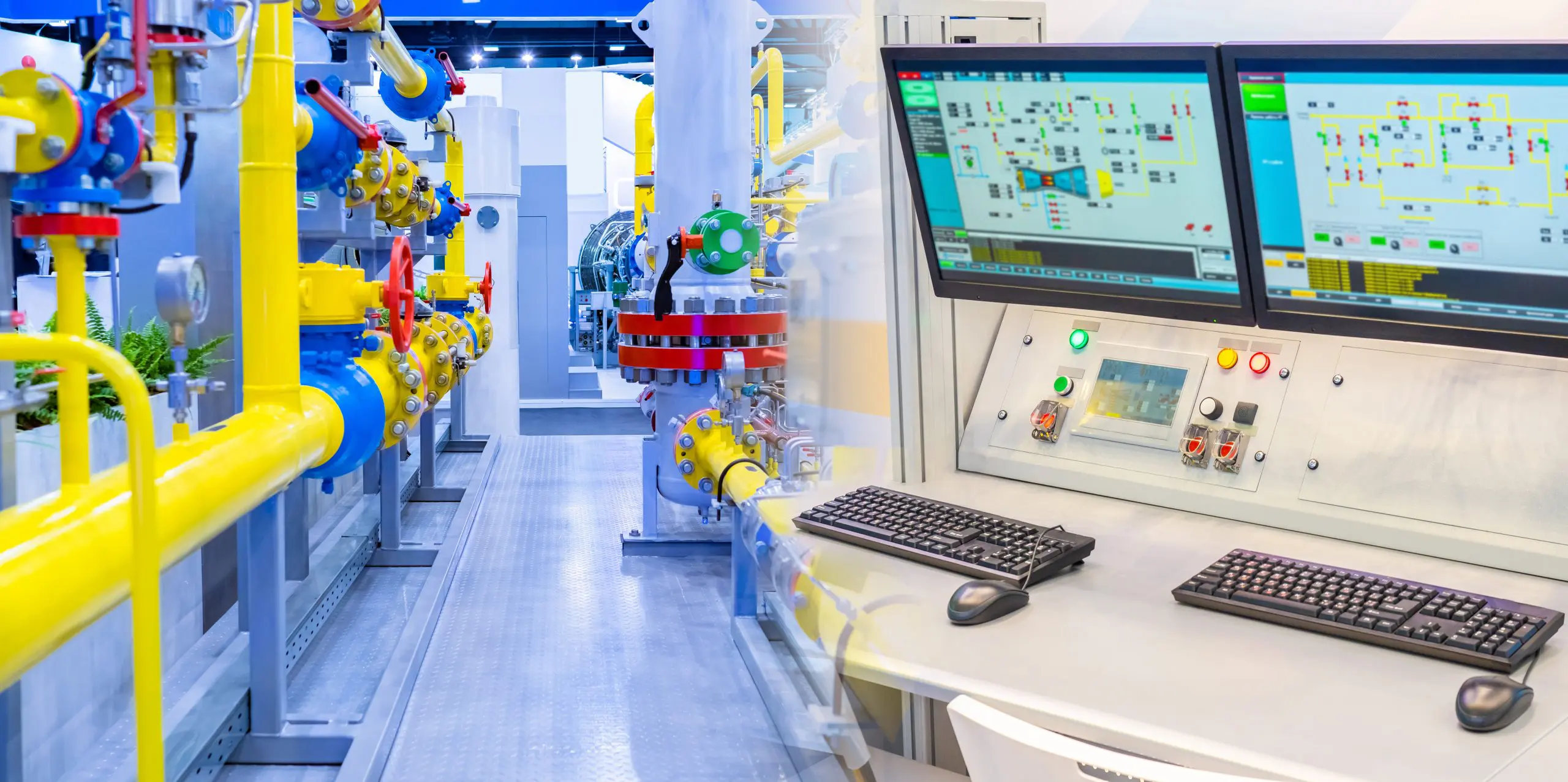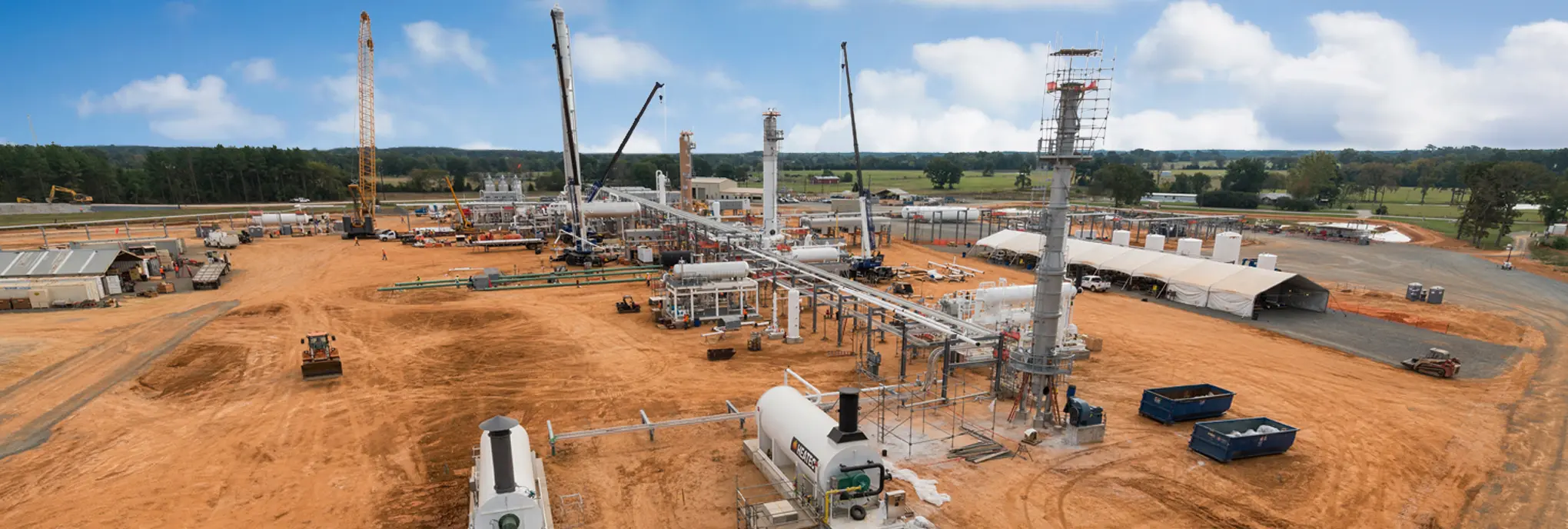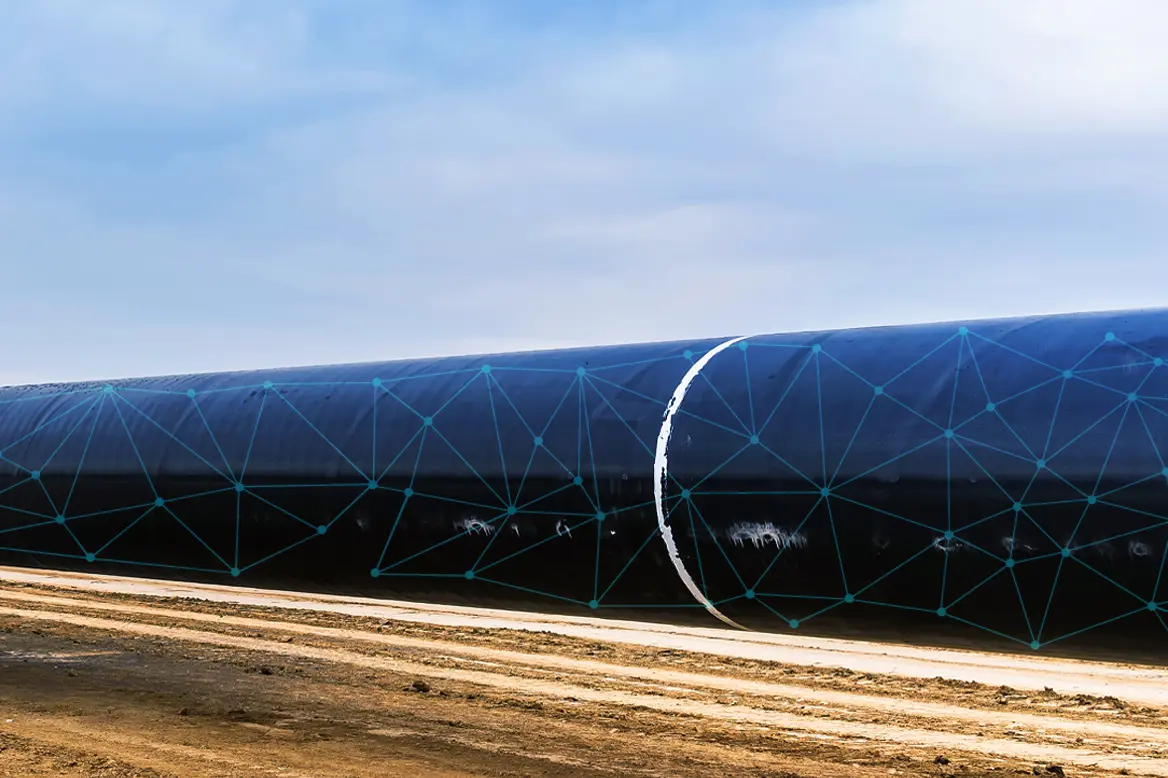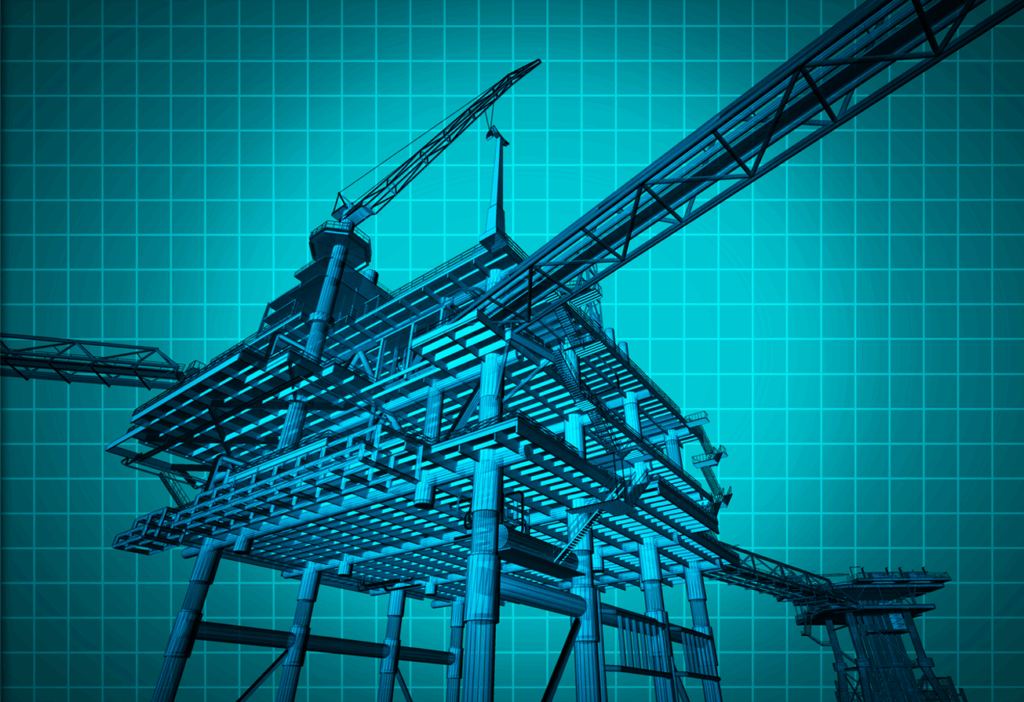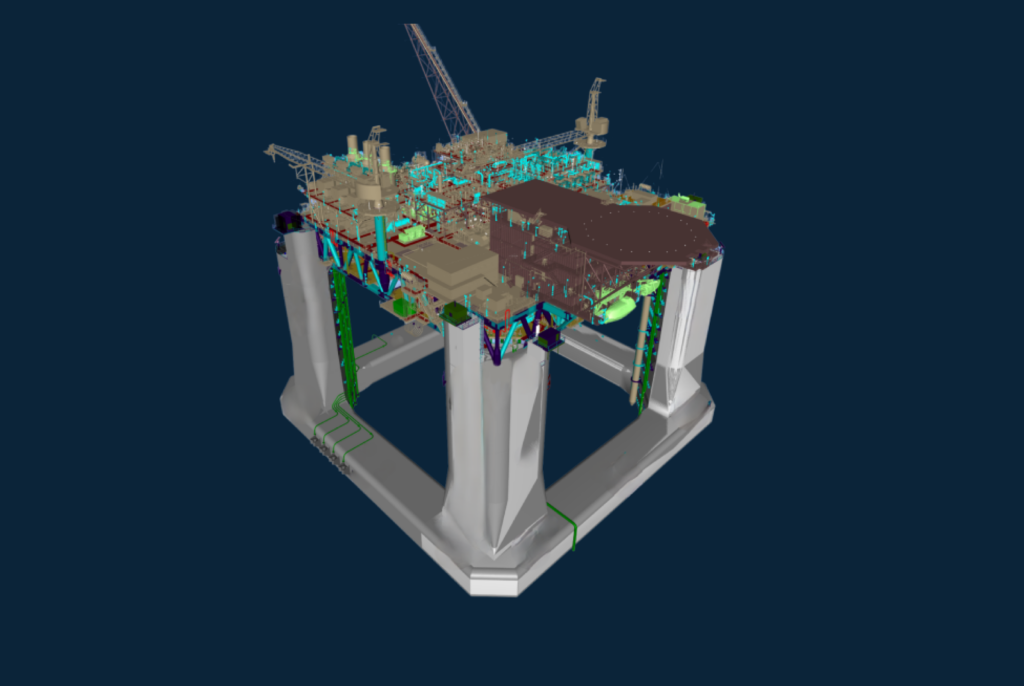

Want to share this article?
Automation in Offshore Oil and Gas
Offshore oil and gas producers are always looking for ways to improve production and, by extension, cost efficiency.
And as competition leads producers further offshore into deeper, more hostile waters, additional tools are required to maintain operational efficiency and safety. In both cases, the addition of automation components to research, construction, and operation is proving to make a positive difference. When implemented well, automation gives producers optimized production, reduced downtime, and improved operational safety and efficiency.
What are some examples of such automation components, and how are they aiding the offshore industry? The development and implementation of high-bandwidth, low-latency wireless maritime systems in conjunction with sensors and software-based data and operations management tools like SCADA (supervisory control and data acquisition) is gradually allowing producers to move workers off platforms and into onshore control centers. Automated operations and monitoring systems also have the benefit of improving worker and environmental safety by catching irregularities before they become catastrophic. Visualization software is also helping operators reduce and make sense of the stream of data coming from automated systems, ensuring action can be taken when it’s truly needed. Implementation of automation in flow control and metering, suppression systems, alarm management systems, and drilling systems will help producers further realize efficiency gains through integration and optimization of processes.
Automation research and education are also important to the offshore industry and its development. At the end of January 2015, the inaugural, operator-led Well Site Automation for Unconventional Oil & Gas conference will feature presentations on overall well site automation strategies, SCADA optimization, and wireless communication strategies. Another such conference is the International Federation of Automatic Control’s (IFAC) second Workshop on Automatic Control in Offshore Oil and Gas Production in May 2015, which will focus on topics like automated well drilling, autonomous and robotic systems, platform-wide control systems, and measurement systems.


